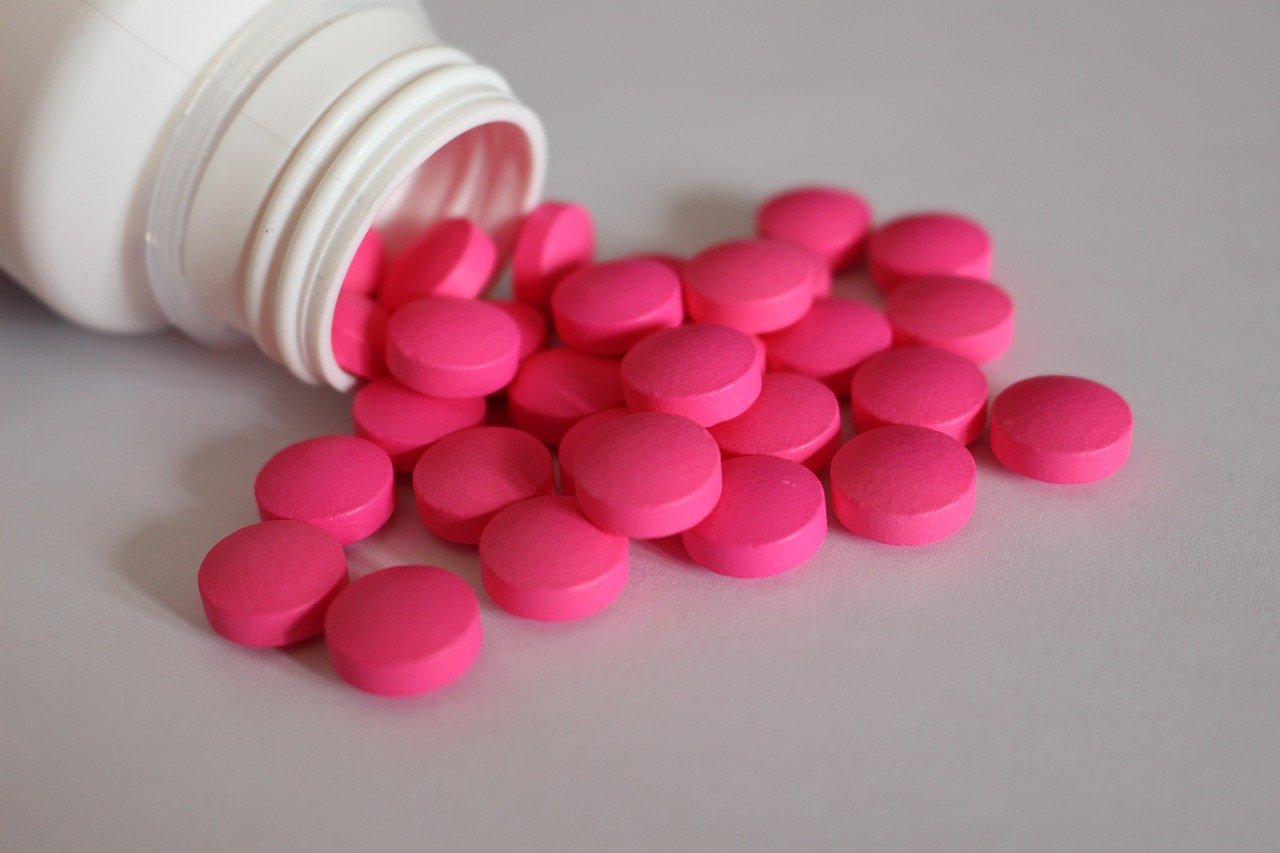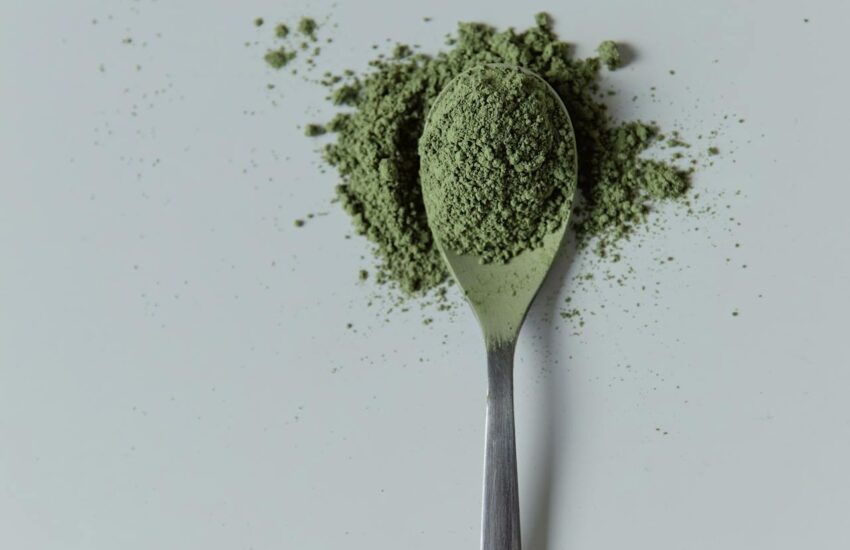Why Ibuprofen Should Be Avoided At Almost Any Cost
When you’re in pain, what’s one of the first things you think to do?
Take a pill, right?
We’ve grown so accustomed to the idea of taking pills (drugs) to combat pain that it’s become thoroughly ingrained in our culture to think a drug is going to solve most of our woes.
But what if those pills caused additional woes?
Well, woe unto the people who take them.
All kidding aside, there are a few medications that we have an unhealthy dependence on. One of those is Motrin, which is the brand name for an NSAID (nonsteroidal anti-inflammatory drugs) that millions of Americans use daily to relieve pain and swelling.
Ibuprofen is so pervasive, and used so heavily, that if you go into any modern day American pharmacy you’re going to see an entire store shelf filled with various kinds – many offered in quantities as high as 500 tablets per bottle.
And while ibuprofen works, it does so at the expense of your health.
Today I’d like to take an opportunity to talk about some of the perils of ibuprofen use.
I’m not telling you to kick it to the curb entirely.
But I would advise that if you deal with occasional, or chronic pain, be aware that this popular drug can seriously harm you.
Here’s how.
3 Scary Ways Ibuprofen Can Harm You
Ibuprofen is like pain-relieving candy.
Almost everyone knows that it’s not great for you…
But the fact it can help you feel better doesn’t seem to dissuade people from taking it.
Let’s get into specifics about how ibuprofen can cause all kinds of trouble.
1 – It Can Make You Poop Gobs of Blood:
If you thought that was a graphic just imagine what it would look like if after a bowel movement you saw large chunks of solid blood in your stool.
As gross as it sounds, it happens, and it’s not healthy.
Ibuprofen helps with managing pain as it reduces the amounts of prostaglandins made by your body.
Your body makes prostaglandins to travel to the site of an injury in order to allow natural inflammation to occur. Prostaglandins act like hormones and induce swelling, fever, and increased sensitivity to pain.
By neutralizing their effect you feel less pain.
Unfortunately prostaglandins are essential for helping to keep your stomach lining intact. When they’re in constant supply your stomach lining remains safe from caustic stomach acids.
If you suppress their production it means stomach acid can eat away at your stomach lining which results in bleeding and ulcers in the stomach and intestines. If that happens, then shed blood can travel through the bowels and out your body.
Thus, signs of clotted blood in your stool signify internal bleeding. Continued use could lead to severe damage to your digestive tract.
2 – They Can Damage Your Heart:
The FDA believes that people ought to know that NSAIDs, including ibuprofen, can negatively affect your heart.
In 2005 they published a paper that warned of the dangers they pose and said they could be one of the main reasons behind many of the nation’s heart attacks and strokes.
As Harvard Health writer Gregory Curfman MD writes and Christian Ruff write “… in July 2015 the FDA took the unusual step of further strengthening this warning. This was done on the advice of an expert panel that reviewed additional information about NSAIDs and their risks.”
And Christian Ruff writing for Harvard said: “There is a growing body of evidence that NSAIDs may increase the risk of harmful cardiovascular events including heart attack, stroke, heart failure, and atrial fibrillation. Given the widespread use of NSAIDs, these findings have generated significant concern among patients and healthcare providers.”
The suppression of prostaglandins is believed to place excess strain on the heart and that’s partly why there’s so much worry about NSAID use and heart damage.
The good news is if you don’t take NSAIDs for an extended period of time and you only take the lowest recommended dose then the risk to your heart is minimal.
3 – They Put Your Bones At Risk
Most people take ibuprofen because they want to recover from a tough workout. Hardly any of them could suspect that taking a pain-killer after a strength-training workout could make their bones weaker…
But that’s what research on prostaglandins and bone strength reveal.
In 2016 researchers at the University of Saskatchewan studied 90-older people to see what taking ibuprofen after exercise would do to their bones.
[the study participants} were randomly assigned to either resistance training or a stretching regimen and who took either ibuprofen or a placebo immediately after they exercised.
When they [the researchers] studied scans and other measurements of the bone and muscle, they found that people who took NSAIDs just before they did resistance training experienced more bone loss than those who did not use the drugs.
As prostaglandins help in the bone-building process, anything done to suppress their formation exposes bones to weakening and breakage.
One of the lead authors of the study, Saija Kontulainen, said this, “NSAIDs shut down the favorable mechanism of prostaglandin synthesis that’s needed for bone formation,” she says. “You lose that benefit to the bone, so the bone is pretty much the same as if you did no weight training.”
And if you’re taking it without training you’re really threatening your bone health.
Wondering What You Can Use Instead?
If you read this and are wondering what you can use instead, then you’re in luck as there are quite a few products available to you.
Because many reasons people complain about pain are related to inflammation, the best thing you can do is attack inflammation.
Some of the top inflammation fighters are
- Turmeric
- Magnesium
- Arnica
- Ginger
- Peppermint Oil
- Lavender Essential OIl
- Acupuncture
- Yoga
Using these when you’d otherwise turn to ibuprofen could be your ticket to a non-NSAID pain relief regimen.
Best of all is these treatments have little-to-no side effects, so you can take them and rest assured they won’t hurt you.

